There’s something more emblematic of Nashville, Tenn., than cowboy boots, cowboy hats or even that famous hot chicken. It’s the “Nashville cowrite,” and without it, most of your favorite songs wouldn’t exist. Most tunes are created through a collaborative process, with two or more songwriters working jointly, sharing ideas and finishing each other’s sentences.
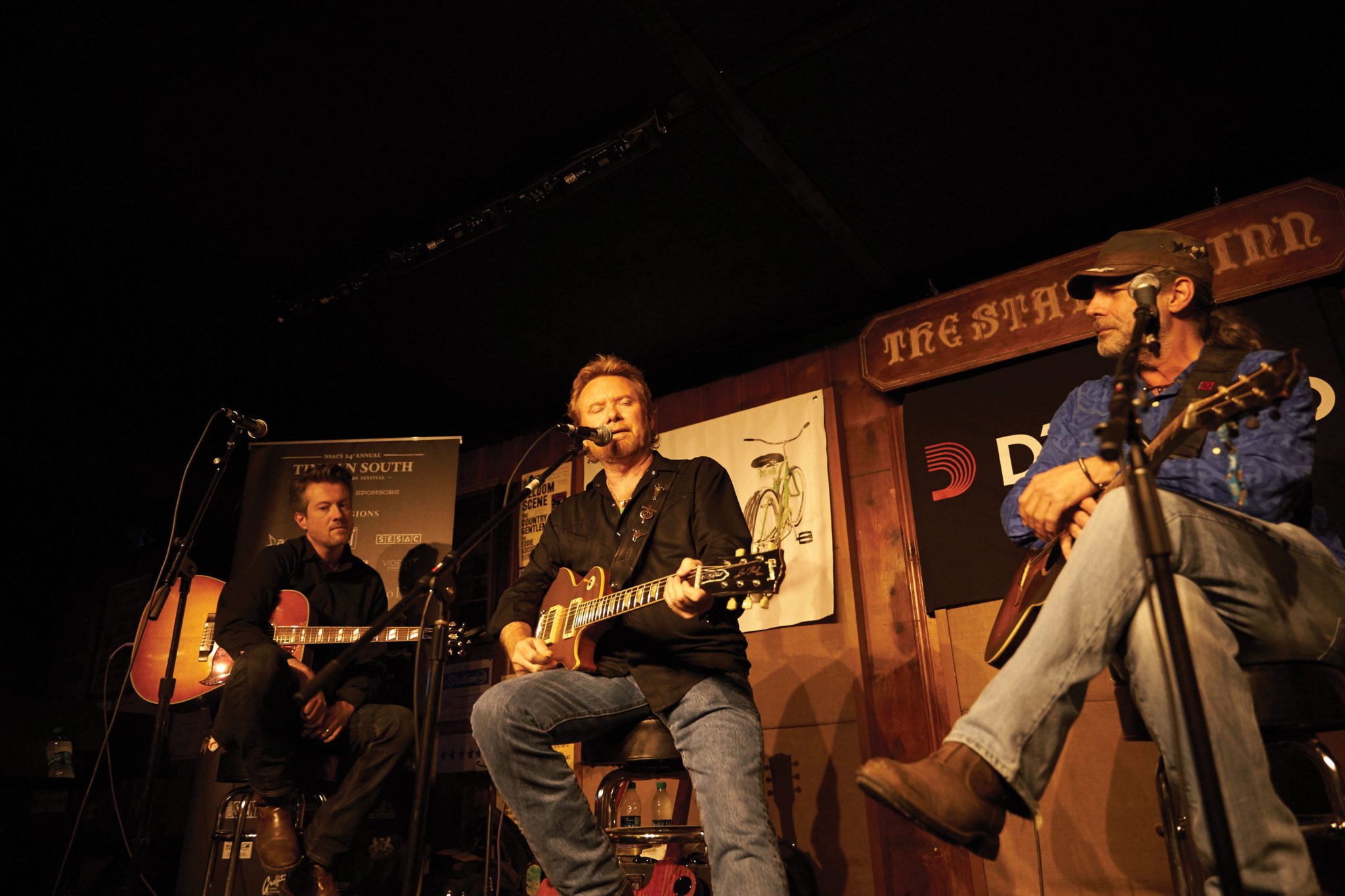
Music publishers deliberately pair songwriters on cowrites, putting a strong lyric writer with someone for whom melody is a breeze, or matching an experienced pro with an exciting new voice. The idea is to team up on a song that will be sent to—and recorded by—a performer. You may know “Before He Cheats” as a Carrie Underwood song; she’s the one who made it famous. But it was written by Nashville-based songwriters Chris Tompkins and Josh Kear.

Professional songwriters pen five to six songs per week, says Jessi Alexander, who has written hits including “I Drive Your Truck,” which was number one on the Country Airplay charts and Miley Cyrus’ “The Climb,” which stayed number one on the Billboard adult contemporary chart for 15 weeks. Professional songwriters treat their craft like a job—they show up and write every day. There’s no time to sit around and wait for inspiration to strike.
Alexander had never participated in a cowrite before moving to Nashville, but now she sees it as a necessary part of the creative process. “If you were writing by yourself, it would be almost impossible to write that many songs,” she says. “Some days I do not have an idea, but the others do. Some days I have a title, but I have no idea what the music should sound like. We lean on each other and inspire each other.”
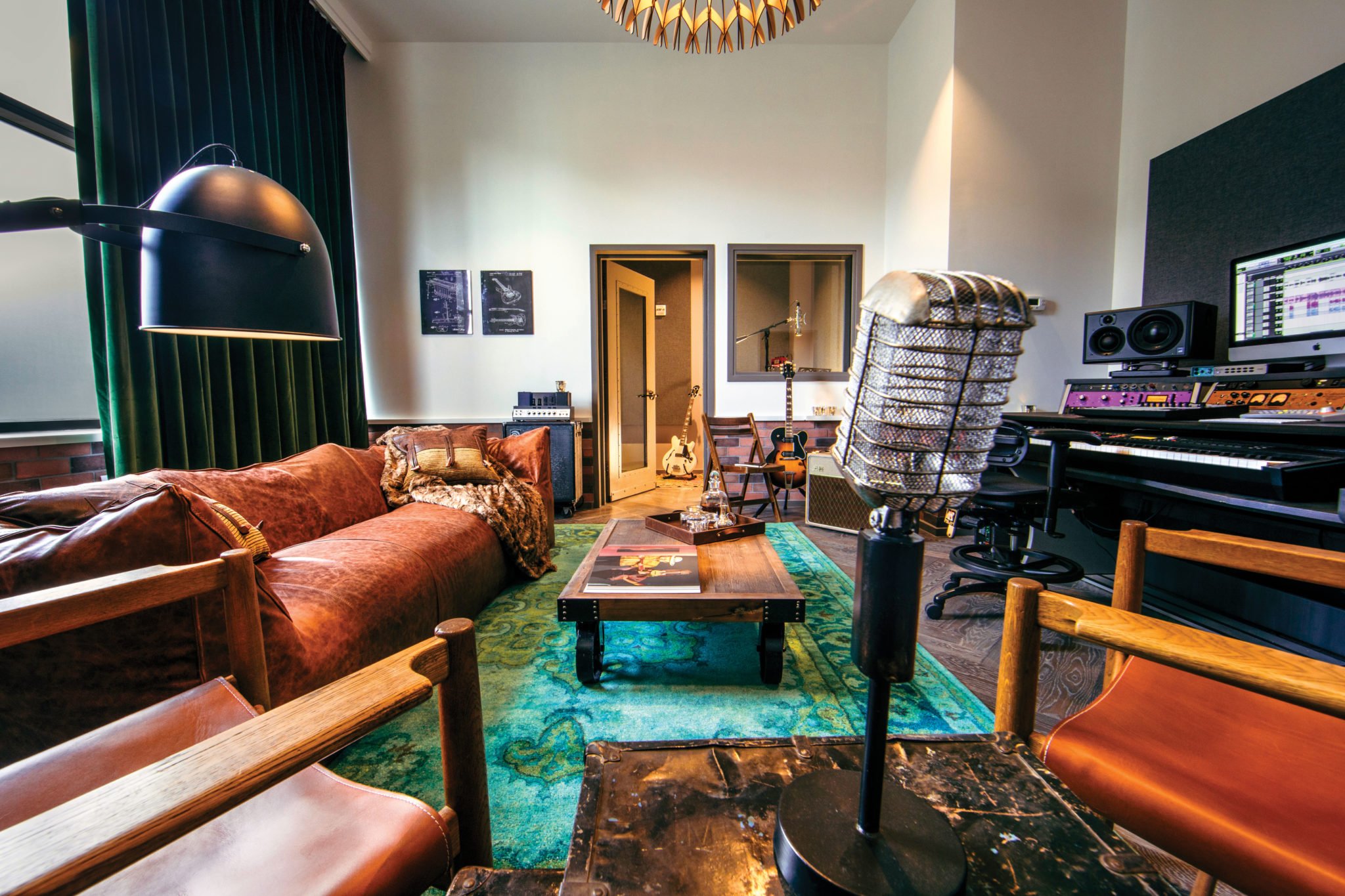
A soon-to-be-released documentary, It All Begins with a Song: The Story of the Nashville Songwriter, produced by the Nashville Convention & Visitors Corp, illustrates this cowriting process in detail. But such collaboration isn’t just part of Nashville’s music industry. It is also part of its culture, its entrepreneurial way, its vibe. Perhaps there’s something in the water of the Cumberland River that winds its way through the city. Collaboration is the fuel that makes Nashville run.
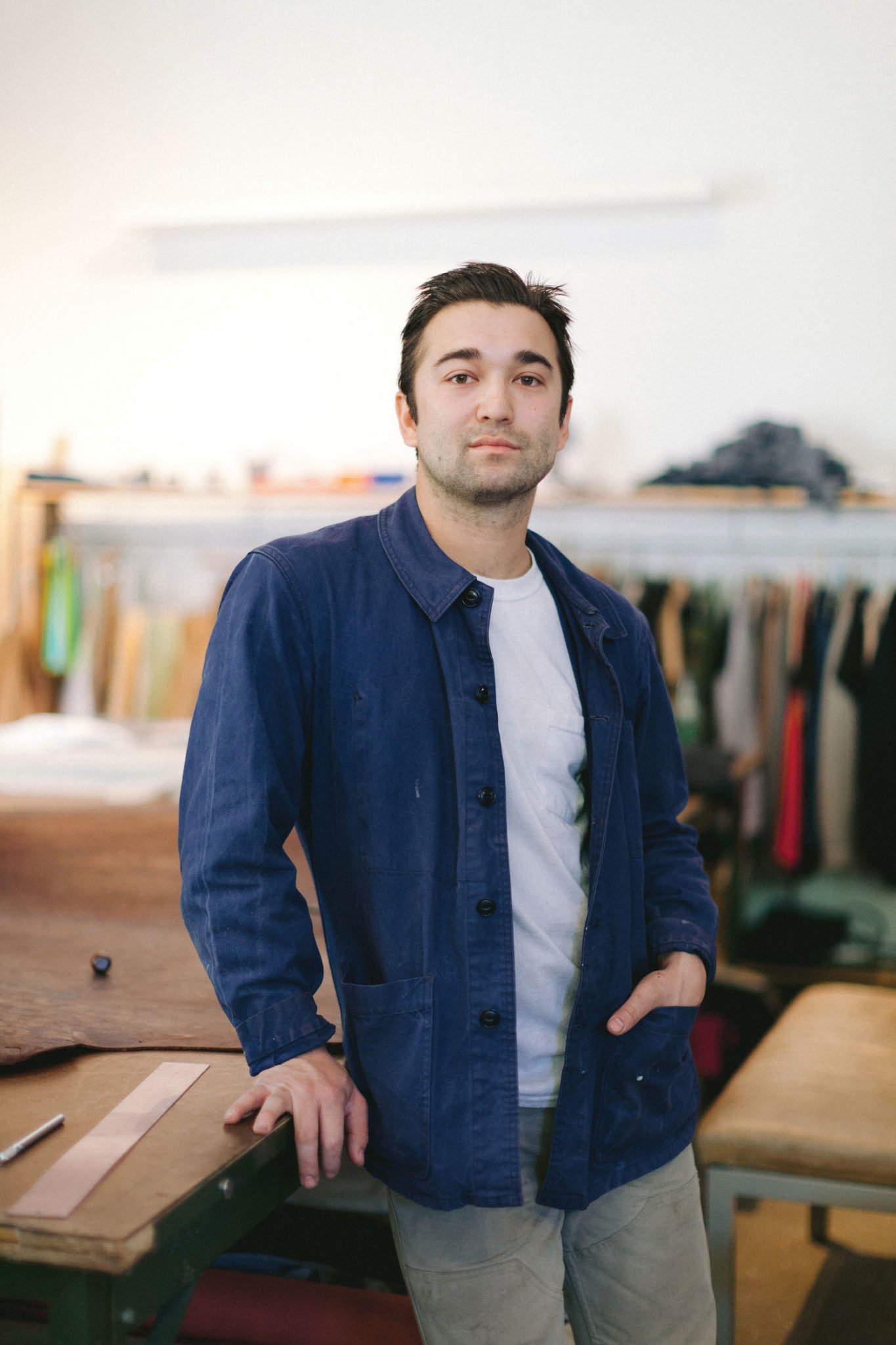
“It is what keeps me here,” says Ethan Summers, founder, lead designer and owner of Oil/Lumber, a company that makes furniture and men’s clothing and runs a creative coworking space south of downtown in the Wedgewood-Houston neighborhood. Summers came to Nashville from Ogden, Utah, to play soccer at Lipscomb University, but he stayed after connecting with the creative community. Playing sports, Summers says, trained him for the hard work of being an entrepreneur.
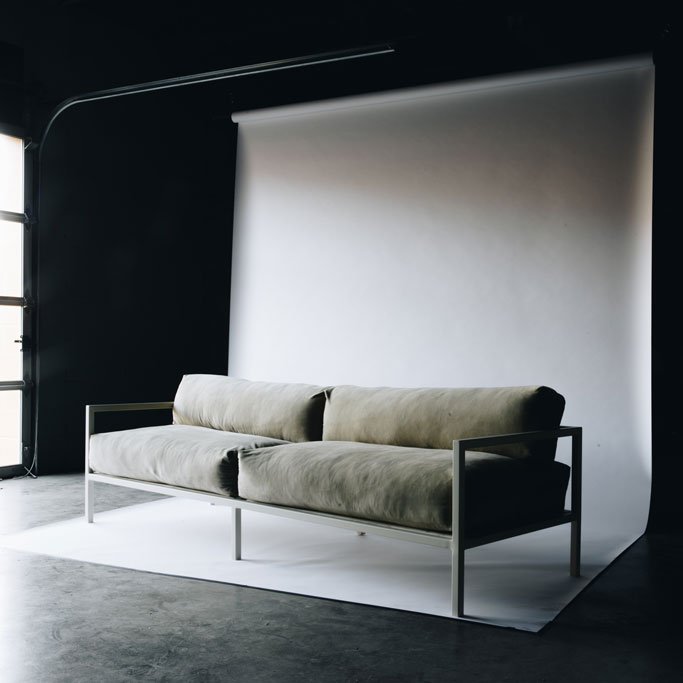
It’s an odd phenomenon for some outsiders to grasp, helping your competitors learn skills that make them better at what they do. “There is cooperation among competitive businesses here,” Summers says. “And there is respect. I have worked on projects that bigger furniture companies have brought me in on.” In his coworking space, businesses complement one another: A lighting or sign maker may suggest that a client work with the furniture maker. But Summers also sees something more organic in the Nashville way. “If I see the same people in the neighborhood 10 times, I’ll say, ‘Are we friends now? We like all the same things.’ And then that person will say, ‘Meet my friend who does website coding or makes jewelry.’” While Summers acknowledges that may happen in New York or Los Angeles, the smaller size of Nashville and the collaboration at its core makes working together more natural.
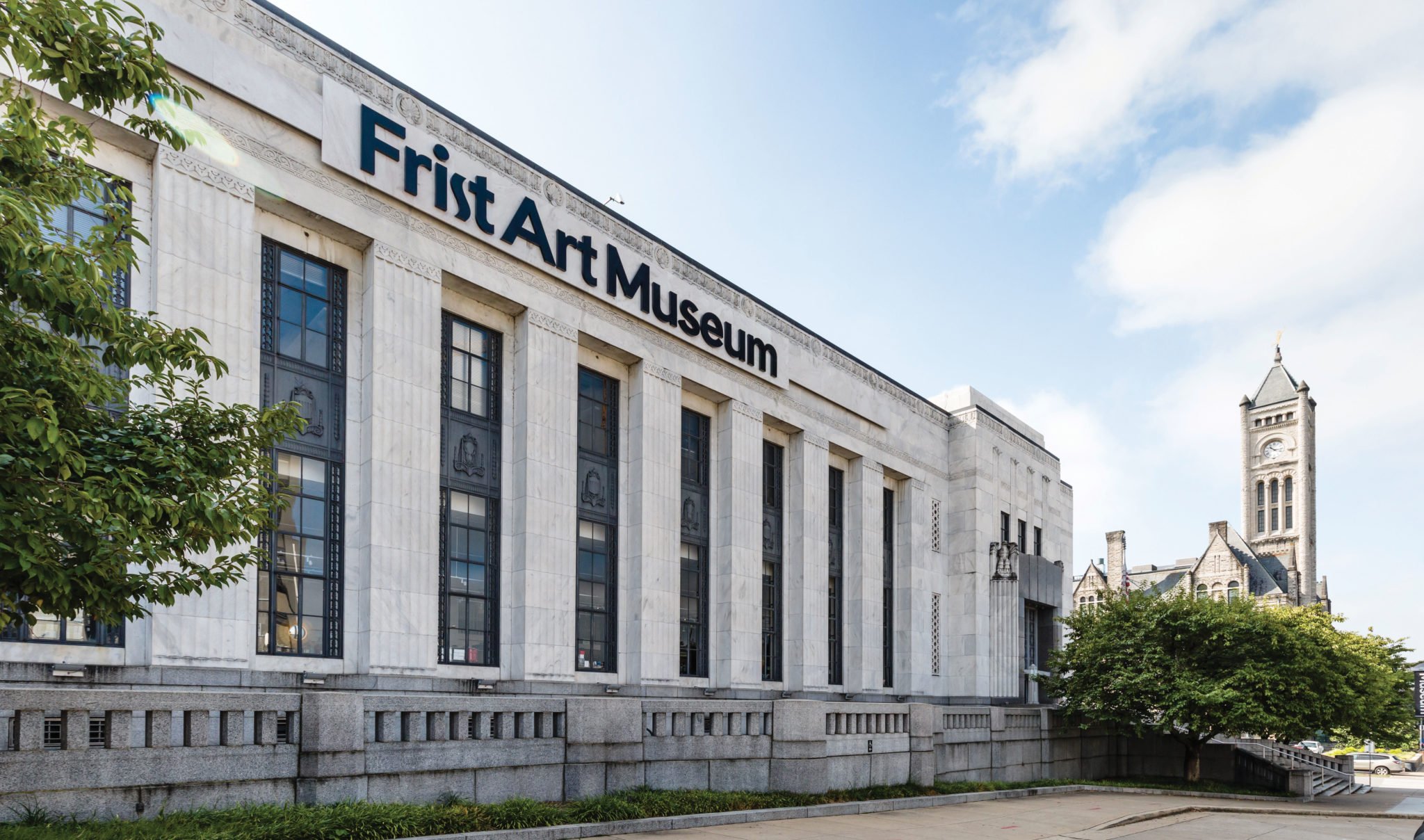
And not only permanent residents benefit from this infrastructure. The Hutton Hotel built professional-quality songwriters’ studios (with help from local megastars like singer/songwriter Dierks Bentley and Ryan Tedder of OneRepublic) so folks in town could write and record in private (and have food and drink delivered from the hotel) 24/7. The new Russell hotel in East Nashville, housed in a converted church complete with restored stained-glass windows, has a podcasting room where locals who are not hotel guests can come and record their podcasts—on any topic—for free.
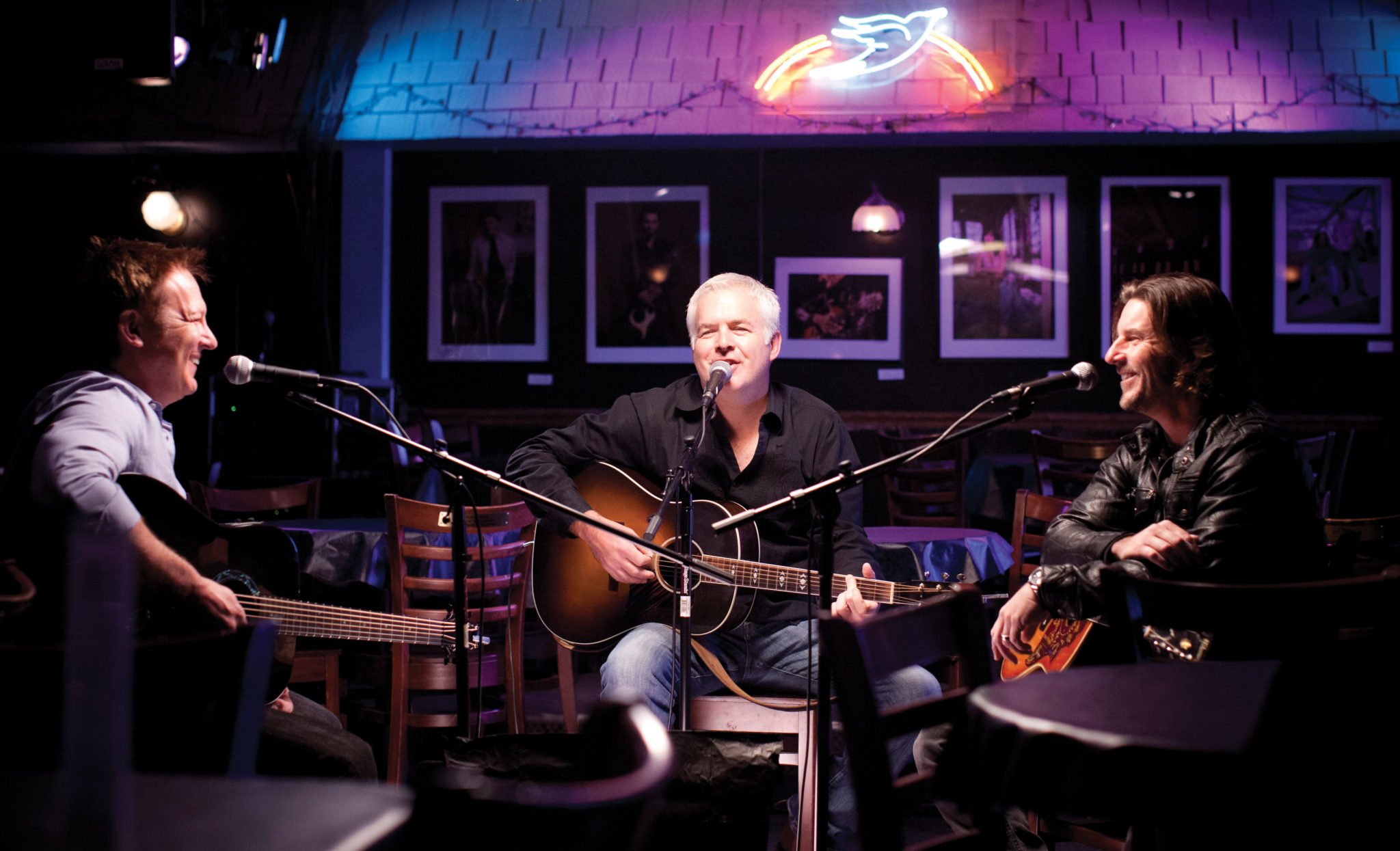
“If you are a songwriter, you are half of a whole. You cannot do your job without someone else to produce it,” says music producer and songwriter Claude Kelly.
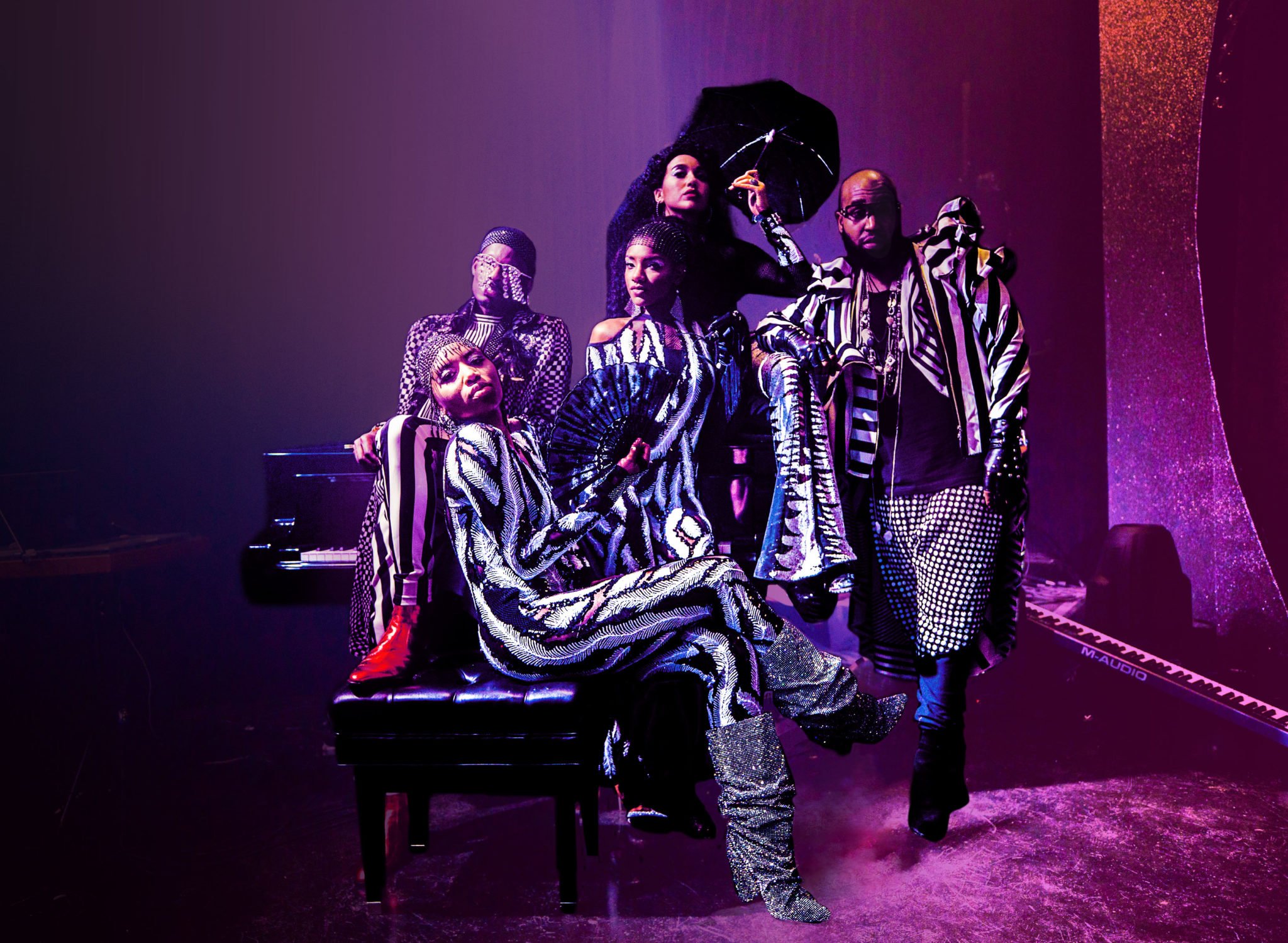
In 2015, Kelly—the writer of hits like “Grenade,” “Party in the USA” and “Circus”—and his business partner Chuck Harmony had lived and worked in both Los Angeles and New York City and were considering quitting the music business altogether. They were burned-out and out of creative inspiration for Weirdo Workshop, their record label and creative incubator. Then they visited Nashville, and by 2016 they relocated their team of pop and R&B music producers to Tennessee.
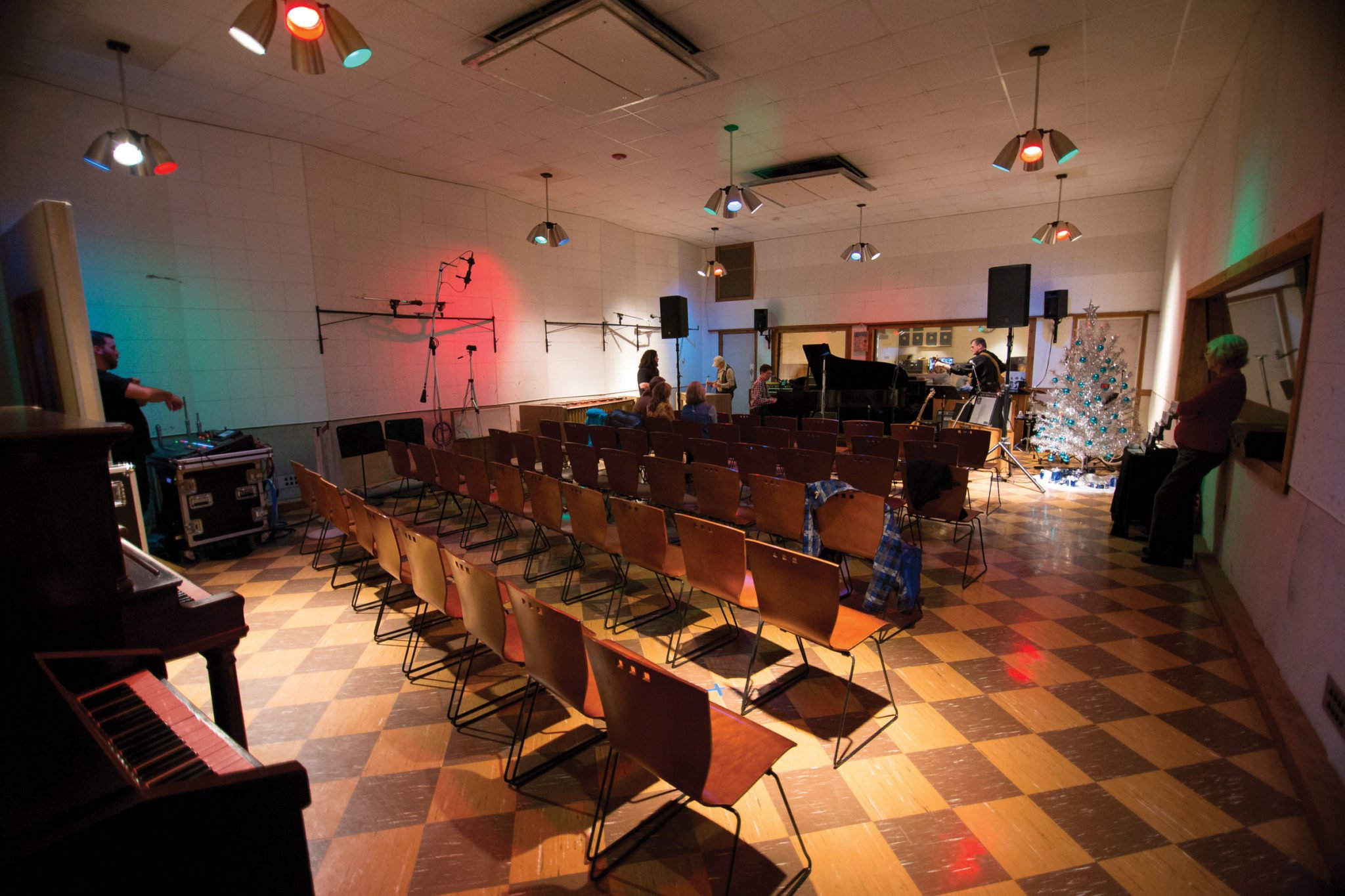
“I can’t give Nashville full credit for helping us find our love of the business again; we also did some self-discovery. But the city was a big part of it. It makes me a better, happier creative person to be here, and that’s not only in the studio,” says Kelly. “If I am frustrated in the business or creatively, I go to other people’s shows and they inspire me to try other things.” It doesn’t hurt that Weirdo Workshop also makes money in Nashville: “This is the most profitable arts culture, per capita, in the country,” he states.
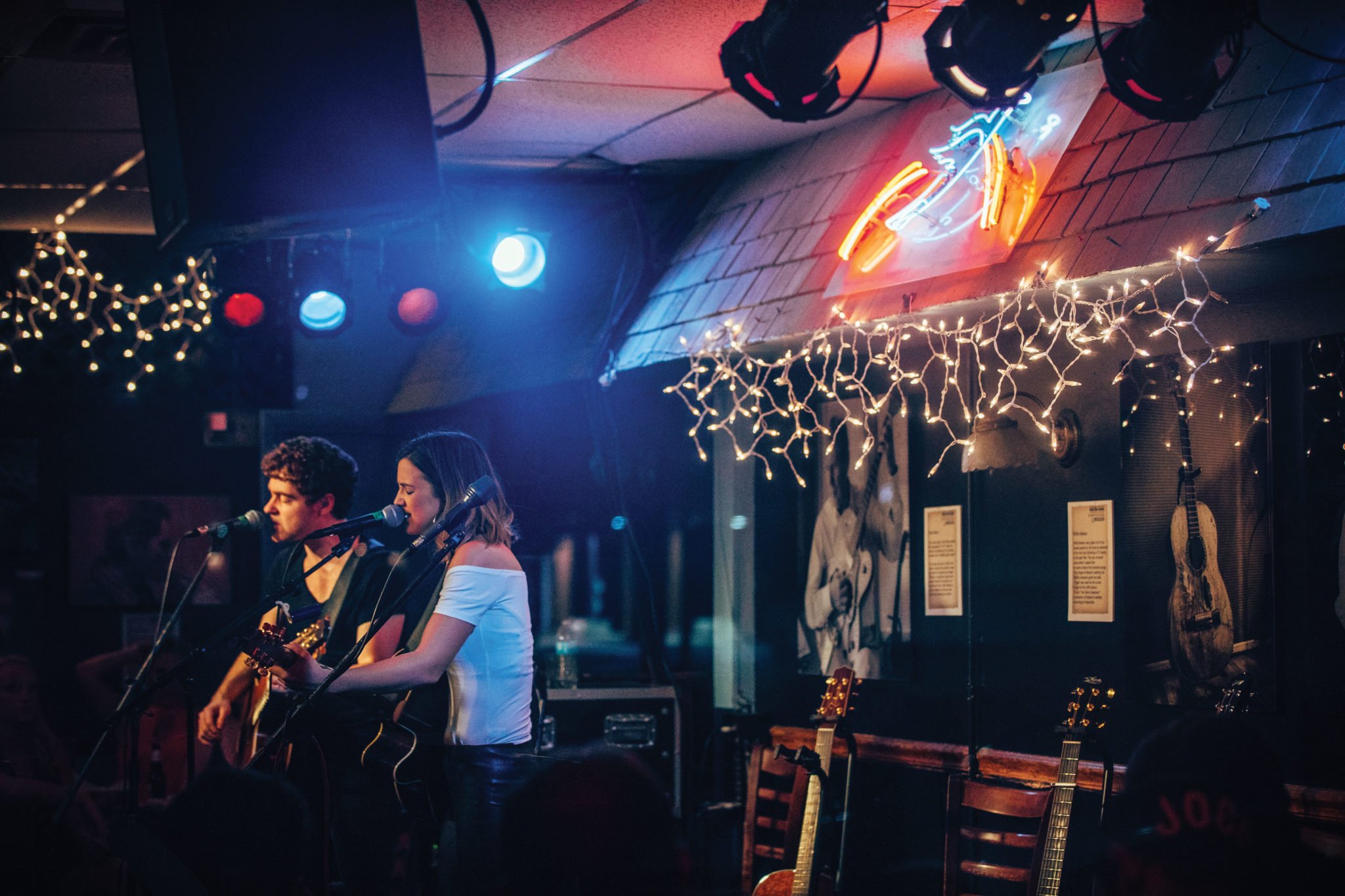
In Los Angeles, Kelly observes, everyone spent lots of time in their cars, which meant less opportunity for spontaneous connections. Like Summers, Kelly can point to neighborhood conversations (his happened in a gym) that led to a collaboration with the Nashville Ballet; it took less than nine months to set up. “In LA, that would take five years,” he notes.

You don’t have to look far for other examples of private business, government and nonprofits working in tandem. The city’s Frist Art Museum is located in the former main post office. On the main exhibition floor, you can see indents in the marble where patrons waited in line to send mail. The 1933 Art Deco building still houses a working post office: a symbol of how government and nonprofits can work hand in hand in Nashville and how old and new coexist. A similar collaborative effort is a few blocks away. Omni Nashville Hotel, the Country Music Hall of Fame and Museum and historic Hatch Show Print, and the Music City Center are interconnected. The privately owned hotel, the nonprofit museum and the government-owned convention center worked together to create a tourist-friendly complex that helped transform the area south of Broadway downtown. Music industry executive—and former Lt. Governor of California—Mike Curb bought the Historic RCA Studio B on Music Row (Elvis was among the hundreds to record there, changing history) and now leases it to the Country Music Hall of Fame for $1 a year. The terms also allow Belmont University music students to use the space for educational purposes.
Such training of the next generation of creative types ensures that Nashville will continue to be an epicenter of collaboration and creative thought.
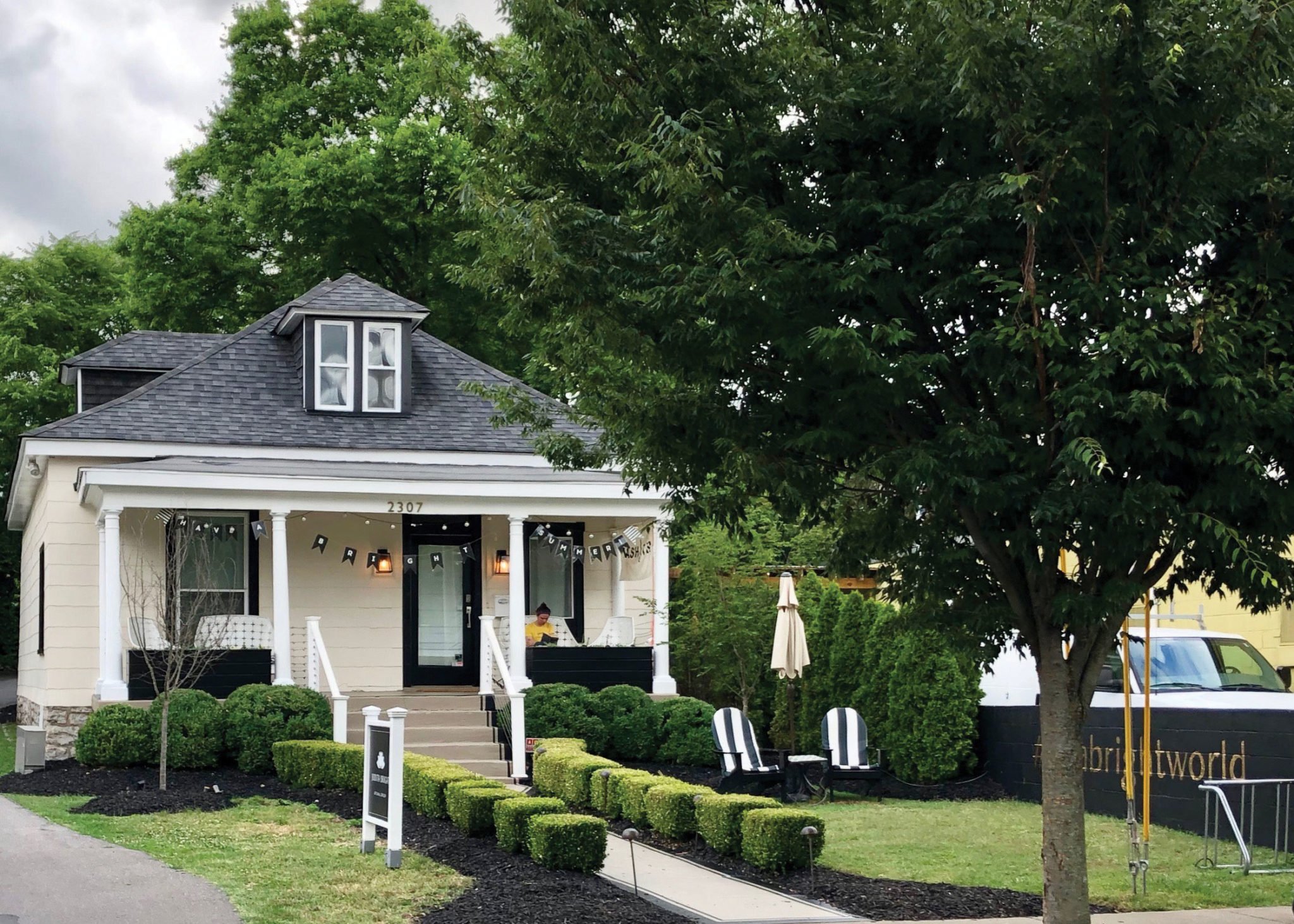
Judith Bright attended Vanderbilt University’s nursing school and had several careers but always harbored a desire to make jewelry. In 2003, she and her family (including three children then 2, 4 and 6 years old) left their then-home in Los Angeles to take a sabbatical in Italy where she could learn the art of silversmithing. In 2004, they moved to Nashville and Bright opened Judith Bright Jewelry (JudithBright.com), which handcrafts gemstone jewelry that can be customized on-site. A key component of her business model is that she teaches new hires how to make the rings, necklaces and bracelets.
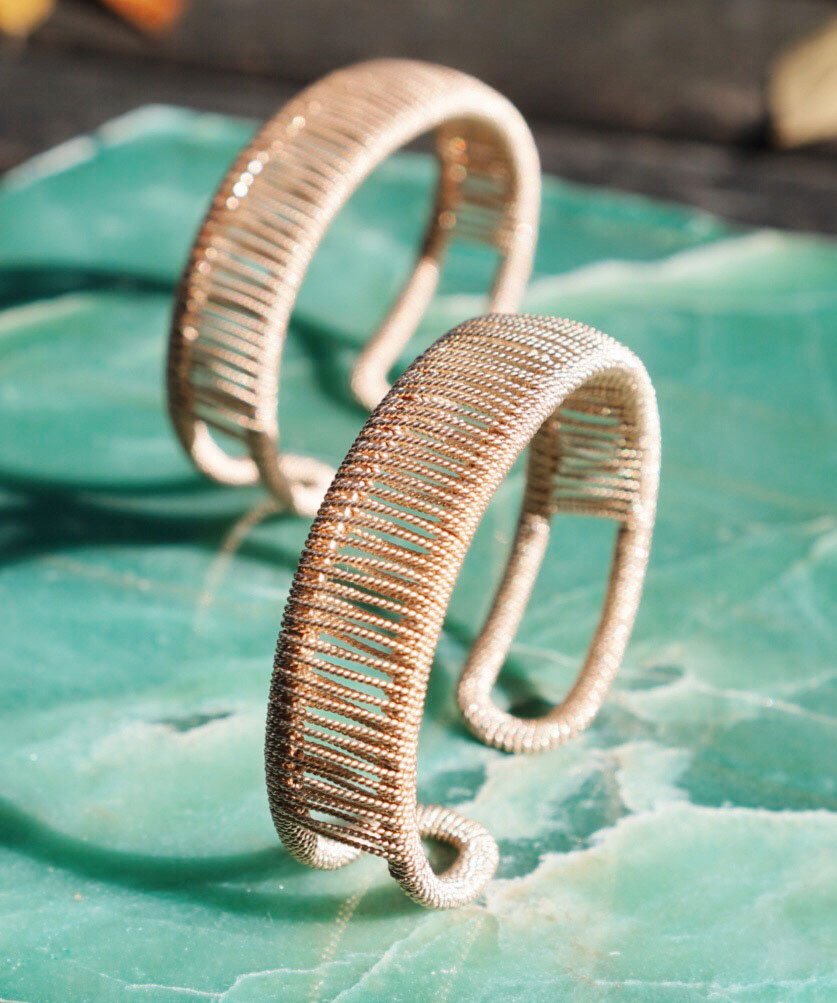
“In LA you can throw a rock and hit a jewelry designer. It was in my gut that I could start a business here,” Bright remembers. Her gut was right. Judith Bright Jewelry has been successful, expanding several times since opening, most recently into a separate facility where her staff of 15 craft the jewelry, with retail spaces in the 12South neighborhood in Nashville and in Atlanta. “In Nashville, if you have a great idea, people want to see you succeed,” says Bright. “We don’t just keep our heads down in our own business. That’s what is different here.”
